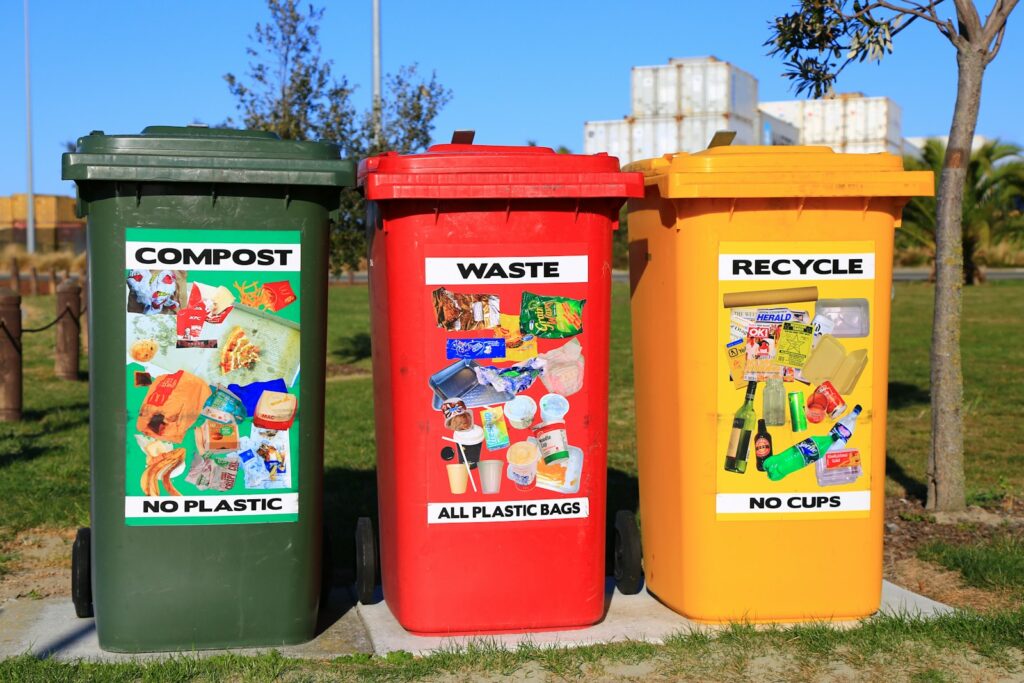In modern society, status is no longer measured solely by wealth or material possessions. Many Americans now showcase success through lifestyle choices, personal habits, and social impact rather than traditional financial markers. Psychologists and sociologists note that these new status symbols reflect values like health, sustainability, and personal growth. Recent surveys show that 56 % of Americans consider sustainability important or very important in their daily lives, and 73 % believe their purchases influence corporate behaviour on environmental and social issues. Studies also reveal that nearly half of U.S. adults follow digital influencers and that one in five regularly create public‑content themselves. From environmental consciousness to digital influence, these symbols demonstrate how culture is shifting toward identity and values. Understanding these trends reveals what people truly respect today. Here are five emerging American status symbols that emphasize prestige without focusing on money.
1. Commitment to Health and Fitness

A strong dedication to health and fitness has become a prominent marker of social status, not only in elite gyms or social media feeds, but in everyday life‑choices that signal discipline, hydration, balanced diets, recovery routines, and consistent movement. Research suggests that technology usage and value systems correlate with exercise adoption, implying that wellness is tied to values such as self‑control and purity.¹ While specific percentages of Americans reporting admiration for those maintaining fitness routines are harder to pin down, the general trend shows that people increasingly view regular movement, mindful eating, and habits like mindfulness or sleep hygiene not simply as self‑care, but as reflections of character, resilience, and long‑term orientation. In a culture more aware of wellness, prioritizing health is a form of prestige that transcends mere financial status.
2. Environmental and Social Responsibility

The conscious choice to live sustainably and engage in socially responsible behaviors is rising as a clear form of status. More than half of Americans consider sustainability important in their daily lives and believe their purchases can influence corporate behavior on environmental and social issues. Actions like recycling, using renewable energy, choosing ethical brands, or volunteering for social causes demonstrate awareness, responsibility, and intentional living. Socially responsible behaviors show moral integrity and empathy. Status now reflects choices that positively affect society and the environment. People increasingly respect those who make meaningful contributions to the planet and their communities rather than those with material wealth.
3. Minimalist Lifestyle

Minimalism has emerged as a symbol of intentional living and sophistication. Living with fewer possessions while prioritizing quality over quantity demonstrates clarity of values and self-discipline. Minimalism is associated with creativity, efficiency, and purposeful use of resources. People who embrace this lifestyle often dedicate time and energy to experiences or personal growth instead of material accumulation. Intentional living showcases confidence, mindfulness, and focus. In a society dominated by constant consumption, minimalism conveys influence and prestige without relying on wealth. Those who choose simplicity inspire others by showing that thoughtful choices and conscious living can create social admiration and status.
4. Digital Influence and Knowledge Sharing

Having a strong digital presence and sharing meaningful content online has become a modern form of status. Many Americans respect individuals who educate, inspire, or connect with communities through social media, blogs, or digital platforms. Digital influence reflects creativity, authority, and the ability to communicate effectively. Those who provide value, spark discussions, or promote learning gain social recognition and influence. Online presence demonstrates mastery of technology, cultural awareness, and leadership in shaping ideas. Status now emphasizes knowledge, impact, and visibility. People admire those who can reach and inspire large audiences, showing that social influence can replace material wealth as a symbol of prestige.
5. Lifelong Learning and Skill Development

Continuous learning and skill development are respected markers of status today. Individuals who pursue education, develop new skills, or engage in intellectual hobbies demonstrate curiosity, adaptability, and resilience. Lifelong learners convey competence, confidence, and commitment to self-improvement. Activities such as professional certifications, language learning, or creative pursuits highlight personal growth. Knowledge and skill acquisition are increasingly recognized as valuable social attributes. Society respects those who invest in expanding their abilities and perspectives. This form of status emphasizes growth and personal development rather than money. Lifelong learning positions individuals as capable, forward-thinking, and influential, reflecting prestige rooted in self-improvement.
Comments